Hockey is not a regional sport. That’s an unfair label slapped on the sport in the United States.
Hockey is more than, say, Minnesota’s sport. More than Canada’s sport.
Case in point, the Vegas Golden Knights. In their expansion season, they captured the imagination of sports fans everywhere by going to the Stanley Cup Final. During the playoffs, Golden Knights games became the hottest ticket in Sin City.
At the moment, the NHL doesn’t have plans to expand after 2020. Vegas was the league’s 31st franchise, while Seattle is scheduled to hit the ice in 2020.
But the relocation of a pre-existing NHL team is always a possibility for future hockey hotbeds.
If the NHL can be a smash hit in the desert, it can be popular anywhere. All you need is a fresh sheet of ice.
With that in mind, the NHL should consider putting teams in these 24 cities.
Baltimore
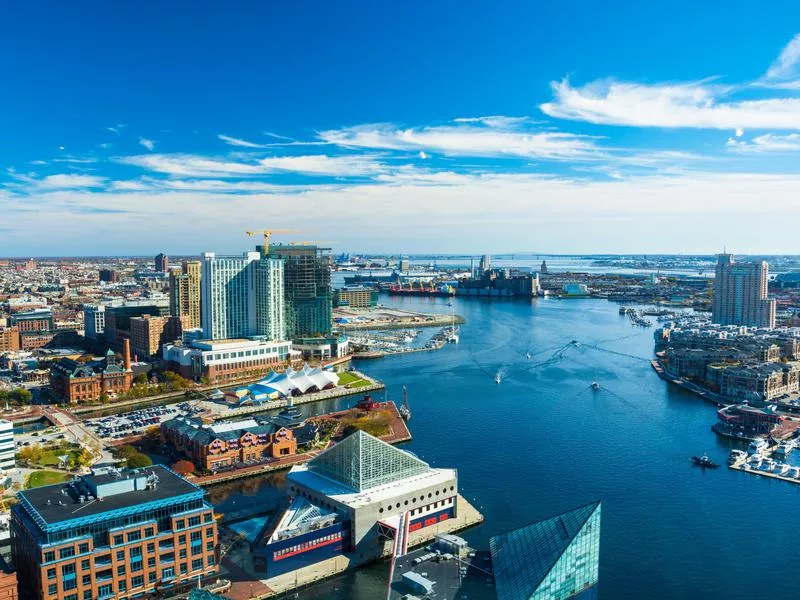
Getty Images
Naturally, Washington, D.C., and Las Vegas garnered the highest local ratings for the Capitals’ Game 5 Cup-clinching victory in the 2018 Stanley Cup Final. Perhaps surprisingly, Baltimore trailed the competing cities.
But maybe that isn’t so surprising: At times in the 1960s, a minor league hockey outfit, the Baltimore Clippers, would outdraw the NBA’s Baltimore Bullets. Charm City was thought by many to be a favorite to receive an NHL expansion franchise for the 1967-68 season, before arena hang-ups derailed that bid.
Today, continued arena issues and the proximity of the Washington Capitals make a Baltimore NHL team unlikely. But there’s good reason to believe that Charm City could support an NHL team.
Hamilton
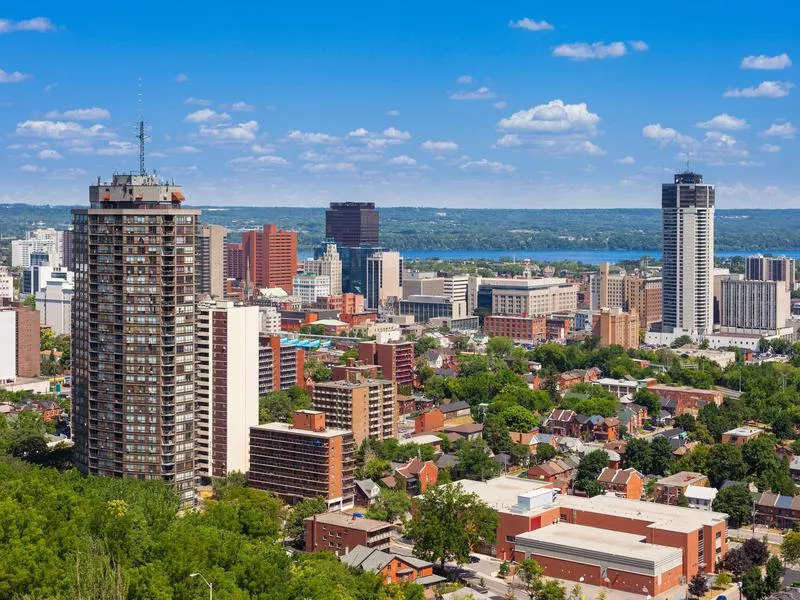
Getty Images
Hamilton is one of only nine metropolitan areas in Canada with a population over 700,000. The other eight have or have had modern-era NHL teams.
The Hamilton Tigers played in the NHL from 1920 to 1925.
Hamilton has had close calls getting an NHL team recently. Businessman Jim Balsillie, on three occasions, made agreements in principle to purchase an NHL team, with the ultimate intention of moving them to Southern Ontario. Each time, he was rebuffed.
Hamilton also features an NHL-ready arena in FirstOntario Centre.
However, territorial rights issues would have to be resolved with the nearby Toronto Maple Leafs and the Buffalo Sabres.
Prague
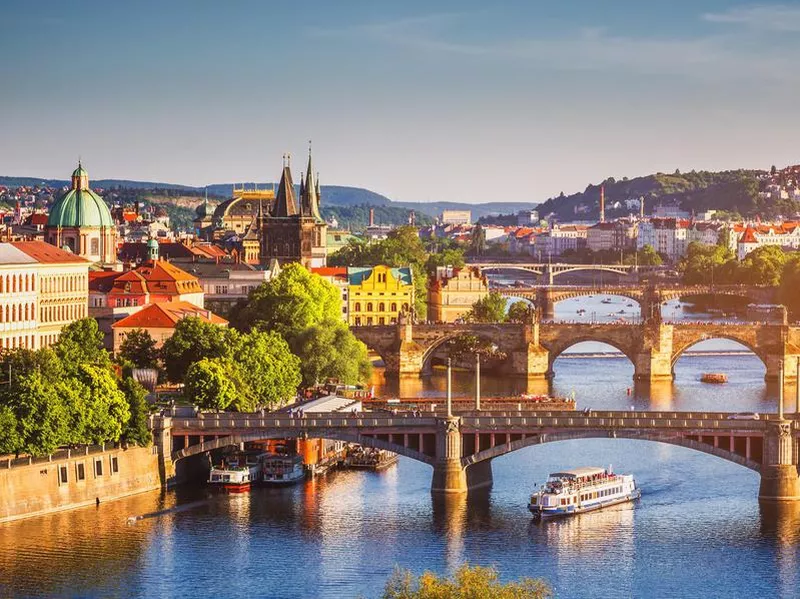
Getty Images
Before the 2018 Winter Olympics, Reuters completed a survey which answered the question, “How many registered hockey players does a country have per 100,000 people?”
The answer wasn’t Canada, which boasted 535 registered players per 100,000. It was the Czech Republic with 812 registered players per 100,000.
In the same survey, Reuters also concluded that the Czechs dealt with the most crowded rinks, with just one rink for every 420 players. This was far above Finland, which was second with one rink for every 121 players.
Obviously, NHL expansion beyond North America isn’t happening anytime soon. But if and when it does happen, the league will find a hockey haven in the Czech Republic’s capital.
Sapporo
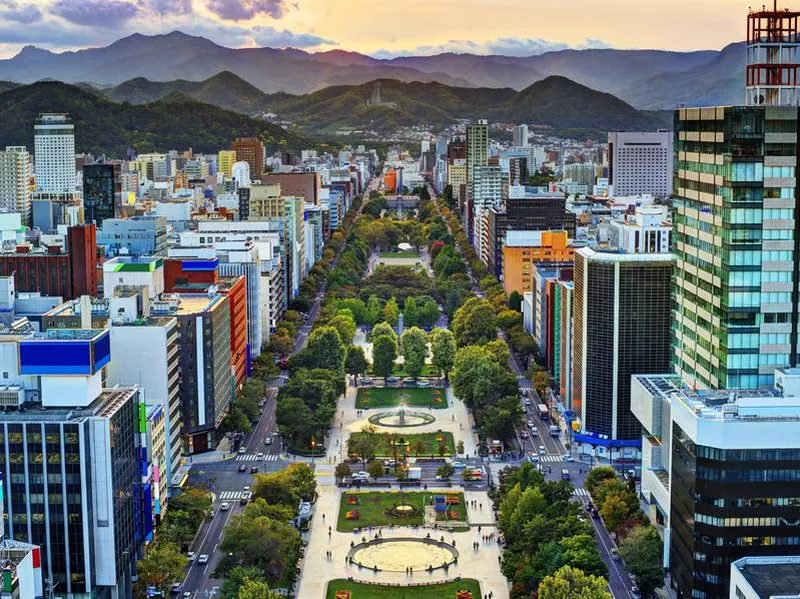
Getty Images
As far-fetched as it might be for the NHL to expand to Europe, expanding to Asia must be considered a pipe dream.
That said, the NHL has shown clear interest in the Asian market. From 1997-2000, the league sent teams to Japan for regular-season games. In 2017, they sent teams to China for the first time for exhibition contests.
If the league were ever to expand to Asia, Sapporo might be a logical destination. Located in snowy northern Japan and host of the 1972 Winter Olympics, at 1.9 million, it’s the most populated city in Hokkaido. The prefecture also hosts two of the oldest professional hockey teams in Asia, the Oji Eagles, established in 1925, and the Nippon Paper Cranes, established in 1949.
Saskatoon
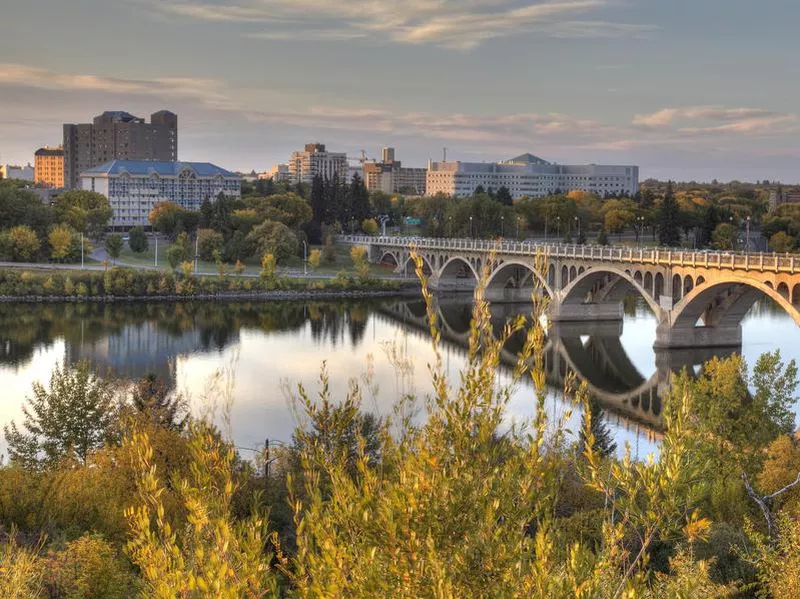
Getty Images
The Saskatoon metropolitan area, made up of just 295,095 residents, according to the 2016 census, would be the NHL’s smallest metropolitan area.
But there’s no doubt that hockey-mad Saskatoon, the largest city in the province of Saskatchewan, would adore an NHL team. According to 2013’s “The Encyclopedia of Saskatchewan,” more than 490 NHL players have been born in the province, the highest per-capita output of any Canadian province.
That passion almost lured an NHL team in 1983. The St. Louis Blues were sold to Bill Hunter, who intended to move the team to Saskatoon, before the league vetoed the sale.